My ever-so-thoughtful friend Gracie gave me a gift a few weeks ago.
“To the best Russian cook I know. Actually, just the best Russian I know period” she wrote on the inside of Kachka, a cookbook that claimed to take you back to Russian cooking in the pages between it’s colorful cover. While I don’t regularly cook nor really like a lot of traditional Russian food, I knew anything coming from Gracie had to be worth my while. Gracie, for one, has impeccable taste, and so after putting Theo down for a nap a few weekends ago I did what I do with any new cookbook that comes my way: I read it cover to cover.
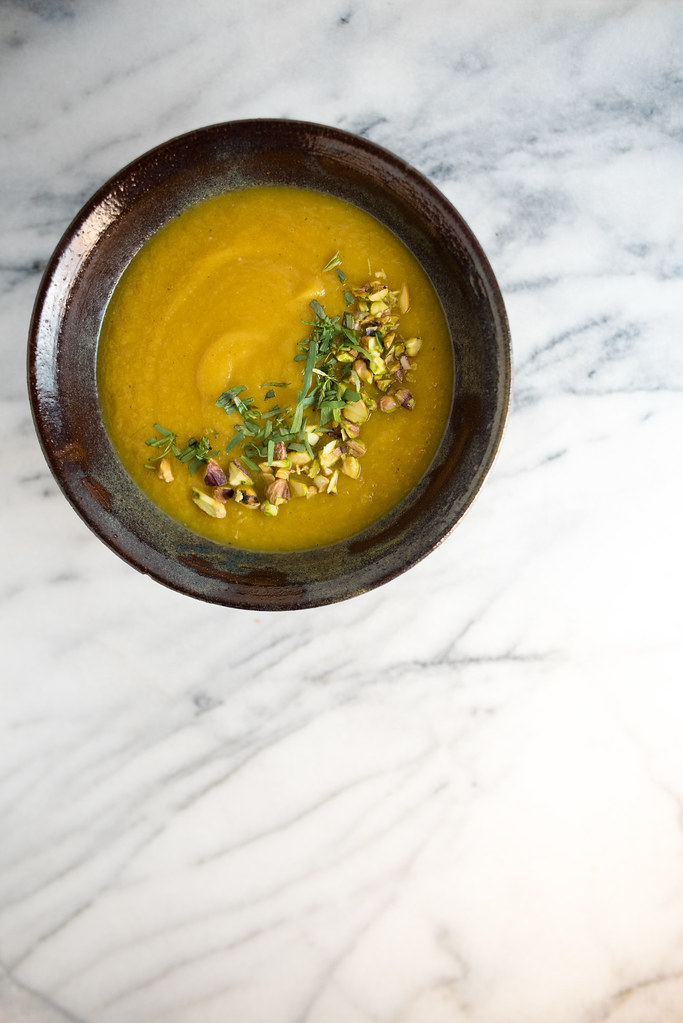
I’m always drawn to the stories behind the recipes found in cookbooks, and I love when writers share a little bit about why—of what I can imagine is hundreds of recipes in their repertoire—they choose these specific ones to publish. Kachka is no different, except that it is, because the author’s personal stories of pelmeni and blini and syrniki and “how to tetris the table” to fit the 104 plates of pickled and cured things are my family’s stories. To put it simply: I had an out of body experience reading the cookbook.
Let me set the scene: the author, a woman whose Jewish family immigrated from the former USSR, ended up in the suburbs of Chicago (same). Her family left Russia with few belongings but made sure to take their pelmenitsa along (yup, here too). She constantly has to remind her American friends that the table full of food is just the appetizer course, and that more food is coming (even Jason, whose now dined with our family for over seven years can occasionally be caught off guard). She describes the small and large tea pots and how they work together on the table—the small one to steep really strong tea and the larger one with hot water to let everyone at the table dilute their cup to their liking (we do that). She talks about the frequency and seriousness with which toasts are given around the table, and how it would come as no surprise if someone had written a poem for the occasion (my grandfather is known to do this).
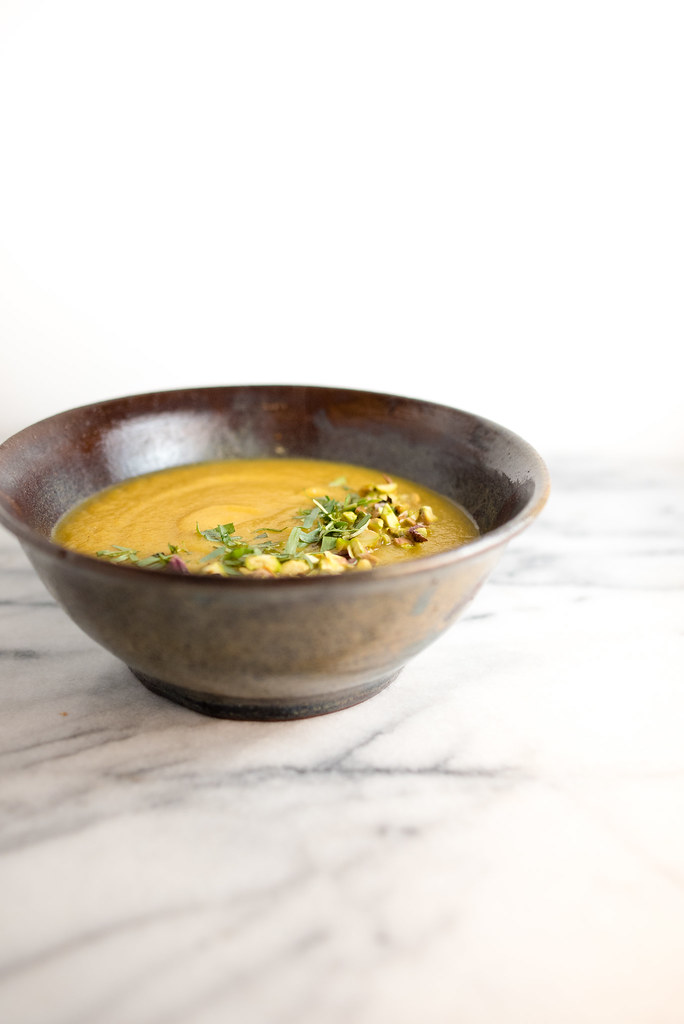
And then there was the sentence that put me over the edge. It was on her recipe for syrniki (mine here), which she describes as a “standard issue kindergarten snack” and adds that Russian grandmothers are “hardwired to administer syrniki to grandchildren.” Theo can attest to the accuracy of this statement.
I can’t really put into words how odd it is to read someone else’s personal stories and feel like they could have been written by you, about you and your family. Of course every culture shares traditions—I’m not shocked by the fact that the recipes in the book reflect food that we eat in our family. What I am shocked about is the level of specificity in how those foods and traditions fit into the dynamics of the author’s family, and how they are exactly like ours. The things that felt so original to my family—our traditions—are apparently not. I’m not offended, I’m just amazed.
It makes me question what it is about us, about me, that is uniquely mine. Are there any original thoughts and traditions anymore? Or is everything a gradient of something that came before it? I’m not sure.
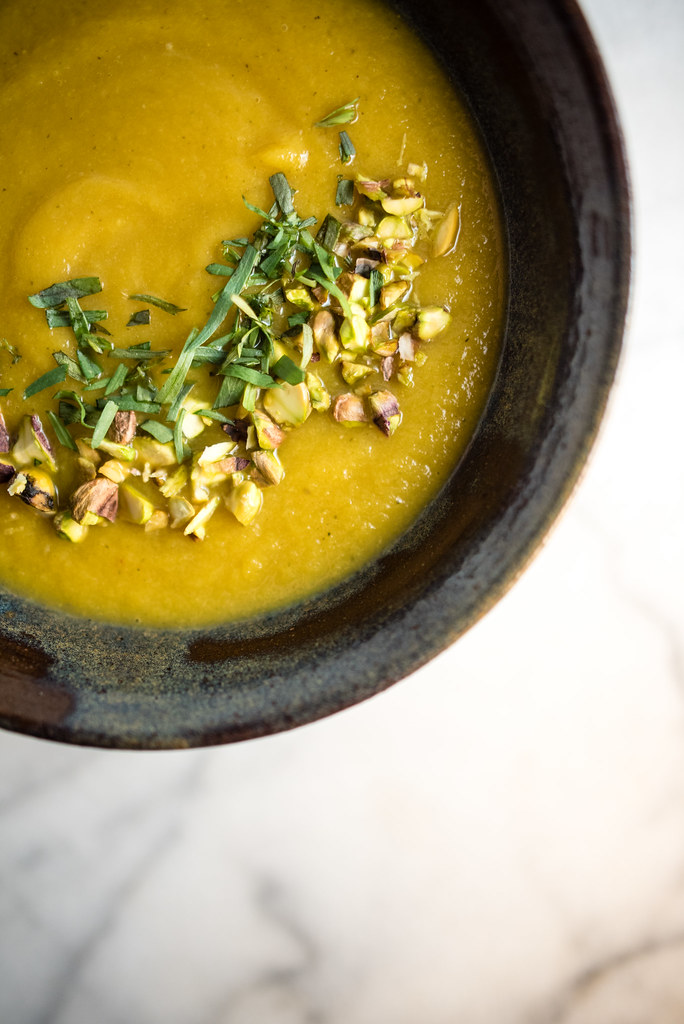
This golden beet soup recipe isn’t something that has anything to do with my Russian heritage, but maybe I can pull at some thread around beets and how they’re found in so much Russian cuisine—it would be a stretch. To be honest, this was just a soup I’ve made a few times over the last couple of months, adjusting the ratios of ingredients until I finally got it right. It feels original to me, but who knows anymore.
- 2 pound golden beets, trimmed and peeled
- 3 tablespoons olive oil, divided
- Kosher salt
- 2 medium shallots, chopped
- 2 teaspoons red wine vinegar
- 2 teaspoon fresh thyme, chopped
- 4-6 cups vegetable broth
- ¼ cup raw pistachios, chopped
- 3 tablespoons fresh tarragon, chopped
- Preheat oven to 450F. Place a large piece of tinfoil on a baking sheet. Place beets in the center and coat with 2 tablespoons olive oil and a pinch of salt. Wrap tinfoil around beets to cover. Bake for 45-50 minutes, until tender. Once cool enough to touch, coarsely chop the beets.
- In a large saucepan, heat remaining olive oil. Add shallots and sauté until soft. Add beets, vinegar, thyme, and half the tarragon. Cook, stirring occasionally, for about 5 minutes. Add broth, bring to a boil, reduce heat and let simmer for 15 minutes. Use an immersion blender or transfer to a food processor to puree until smooth.
- To serve, ladle spoon into bowls and top with pistachios and remaining tarragon.






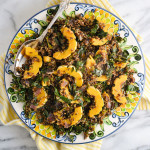

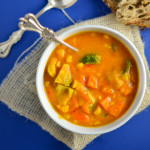

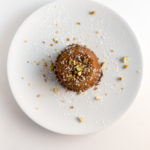




2cavalcade
writes 2fattening